He was the teen weightlifting champion who won two gold medals for Scotland in the Commonwealth Games.
Phil Caira first started weightlifting in his hometown of Kirkcaldy, and was often found training in the back room of his newsagents.
He made it to the Games and after nearly two decades of competing, his two wins made him Scotland’s most successful Commonwealth Games weightlifter of all time.
With the Commonwealth Games well under way we have opened up our archives to take a look back at the time this local lad brought gold to Fife.
Life and times
Philip Mario Caira was born in London to Italian parents in 1933.
Unfortunately, during the Blitz, the Caira family were bombed out of their home.
It sent them north, to Fife, where so many other Italians had found a new life for themselves.
They settled in Kirkcaldy when Phil was seven.
In his teen years, Caira attended Kirkcaldy High School, where he found a love for swimming, wrestling, and gymnastics.
It was at one of his wrestling classes at the Rose Street Boys’ Club that local instructor Johnny Dick spotted Caira’s potential for weightlifting.
In 1948, when Caira was 15, Dick took Caira to a lifting gym run by Al Murray, who at the time was Scotland’s greatest weightlifting champion, and a British record holder.
Soon, the student would become the master.
Record-breaker
Caira could press 193lbs, curl 130lbs, and bench-press 230lbs by the time he was 15, setting brand-new Scottish and British records.
It was these achievements that led him to becoming a Scottish junior 12-stone champion and winning a Mr Britain under-16 physique title in the same year.
Soon, he was the only known under-17 in the British Empire who could hoist 300lbs overhead.
But turning 17 wouldn’t stop him from being a world champion, in fact he went on to break another record and became Britain’s youngest champion in the 13-stone class.
Nobody was surprised when, after he completed his national service, Caira was selected to compete in the Commonwealth Games.
However, what was surprising was that while Caira was fast on his way to becoming world-famous, he kept his feet firmly on the ground in Kirkcaldy.
Caira was competing in a time when athletes like him had to combine their sport with earning a living.
There were no funds or grants to support them, and so competitors often had to train in the most basic of facilities which often lacked even the amenity of a shower.
For Caira, that went one step further.
Working from home
Caira started his own newsagents after he finished High School, and he converted the back room into his own personal gym.
The small gym had everything the teen sensation needed to keep himself in top shape – weights, ropes, the works; whenever he wasn’t with a customer, he could be found out the back, getting a quick work-out in.
His training regimes were still planned by Al Murray, sent to the Kirkcaldy lad by letter.
Caira competed in the Commonwealth Games from 1954 to 1970.
His first Games, in Vancouver, showed his resilience at its finest when he still finished fourth even with a torn muscle!
At the world championships in Munich, 1955, he set a UK record of being able to lift 832lbs.
The following year, Caira became the first lifter at the British championships to press more than 100lbs over his body weight.
This achievement sent him to the 1956 Melbourne Olympics, where he placed 5th.
This is still a Scottish athlete’s best ever weightlifting result in the competition.
Going for gold
In 1958, Caira won his first ever gold medal at the Commonwealth Games in Cardiff.
But as time went on, and the accolades continued to roll in, Caira continued to stay grounded.
He was completely absorbed in the science of weightlifting, and was driven solely by the desire to continue improving his craft.
Even the partial successes were still dubbed “achievements”, so long as he was improving.
Caira was determined to improve further, and this time set his sights on a gold medal at the Olympics in Rome.
Caira believed that a 1,000lb total lift would be enough to secure him the medal in his weight class.
When asked at the time how close he was to achieving that goal, he grinned, looked down, and said: “Oh, I’ve only got to 910lb so far.”
His humility had served him well in his career up until this point, but would it be enough for Rome?
All roads lead to Rome
The Rome Olympics were particularly meaningful to Caira, since his parents hailed from a nearby district.
Having never before visited, and without knowing even a single word of the language, he was looking forward to travelling the country after the Olympics with his wife and daughter.
However, Caira injured his knee at the games.
Convinced he could no longer continue, he announced his retirement from weightlifting.
That would’ve been the end of his career, were it not for his wife persuading him to return.
Caira’s return to competing was a comeback like no other.
He attended the Perth Commonwealth Games in 1962 and won his second gold medal.
It made him Scotland’s most successful Commonwealth Games weightlifter of all time.
Honouring his legacy
Caira was never a superstitious competitor, however he did keep to a strict diet of eggs, milk, meat, and fish.
Was it this diet that influenced his decision to open a local fish restaurant with his brother in the 60s?
We may never know, but by then Caira was thinking of giving up competing for good, so it could’ve been a way to stay connected to his favourite past time.
Its name, the ‘Olympic Café’, can certainly be appreciated as a homage to his career.
In 1963, Caira was presented with a pair of gold cufflinks at a civic reception in Kirkcaldy’s Town House as a way to celebrate his win in Perth.
It was a unique occasion, in that it was actually Caira’s second civic reception in the town.
The first had been after his win in Cardiff, when he was presented with a gold watch for his achievement.
Phil Caira carried the British flag at the opening ceremony of the Commonwealth Games in Jamaica in 1966.
Despite being proud to do so, he told his wife that he was so exhausted by the experience that it cost him a medal that year.
He looked to have won a third gold, but one red light along with the two whites saw his winning lift invalidated, and he was relegated to fourth.
His final appearance as a competitor was at the 1970 Commonwealth Games in Edinburgh.
Reigning champion
Caira died peacefully at his home on September 15 2003, aged 70.
He is survived by his daughter Laura, and his two sons, Anthony and Paul.
The Kirkcaldy weightlifter still holds the title as Scotland’s most successful Commonwealth Games contestant.
In 2014, a poem about Caira was commissioned by St Mungo’s Mirrorball, the Glasgow network of poets, for an anthology of poems about Commonwealth Games sports.
At the time, his son Paul, who owns the Central Café in Cupar, said: “I’m proud someone has written a poem about my father.
“I was born after my father retired.
“I was not aware of how famous he was until he died when I heard the tributes.
“He was very modest. A quiet man.”
Most recently, calls have resurfaced for Caira to be inducted into the Scottish Sports Hall of Fame.
It was first proposed by his son Anthony in 2014, who said: “I thought Dad’s achievements were more than worthy of a place in the Hall of Fame.
“I even supported the proposal with a folder recording the detail of his career including photographs.
“It’s very disappointing that it’s not taken place, but my family and I very much hope he can still be admitted.”
As such a fundamental figure in Scotland’s sporting history, his inclusion is surely worth considering.
Until then, Phil Caira lives on as a reminder that even the most popular international events still have links to home.
More like this:
When Scotland played host to the Commonwealth Games
How Olympic glory slipped away from Dundee great Liz McColgan in Barcelona 30 years ago
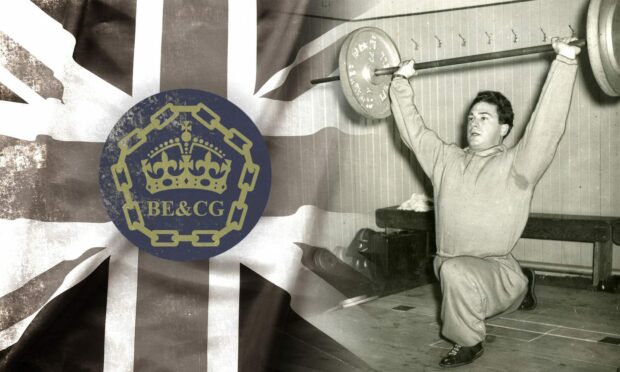
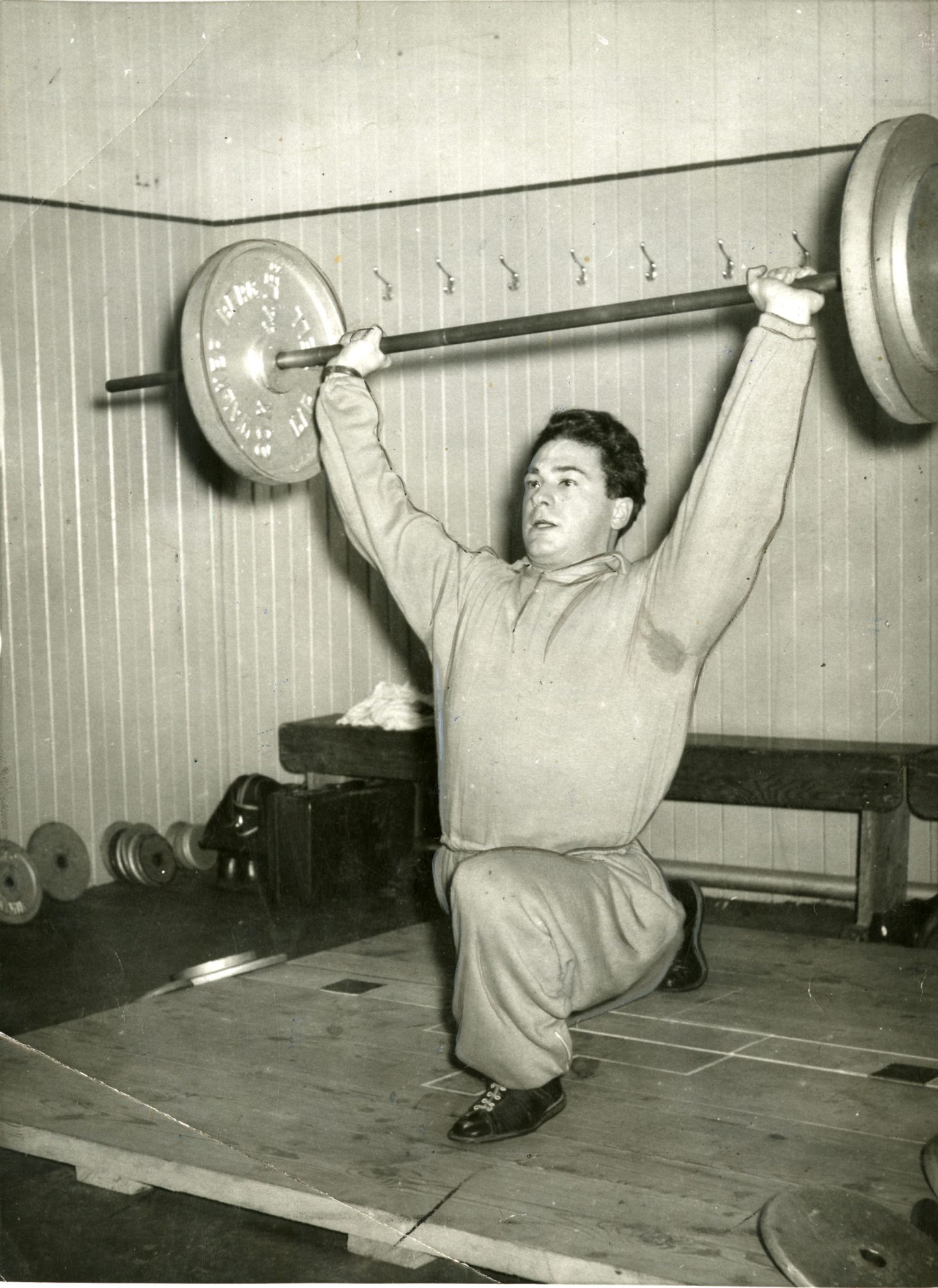
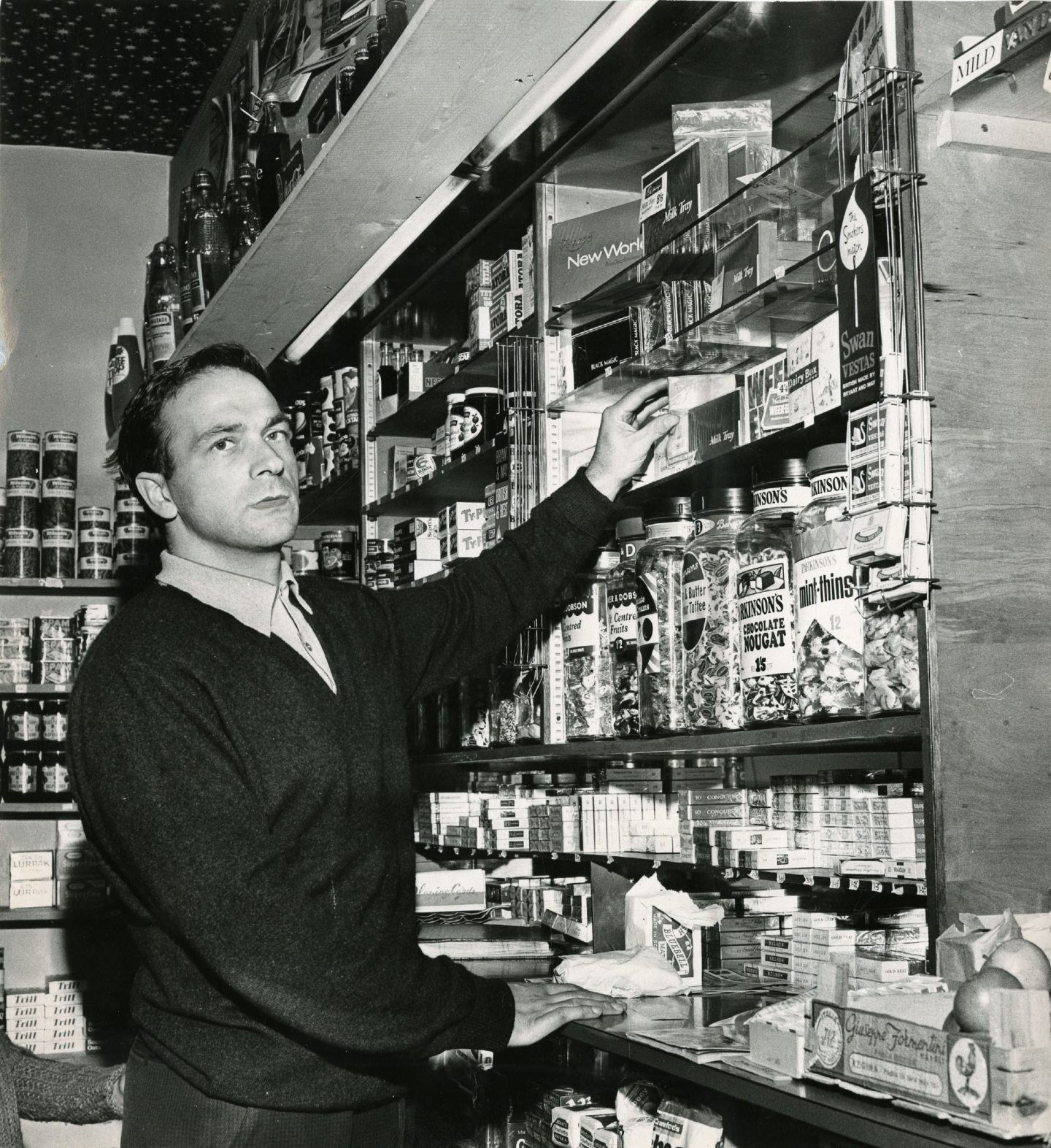
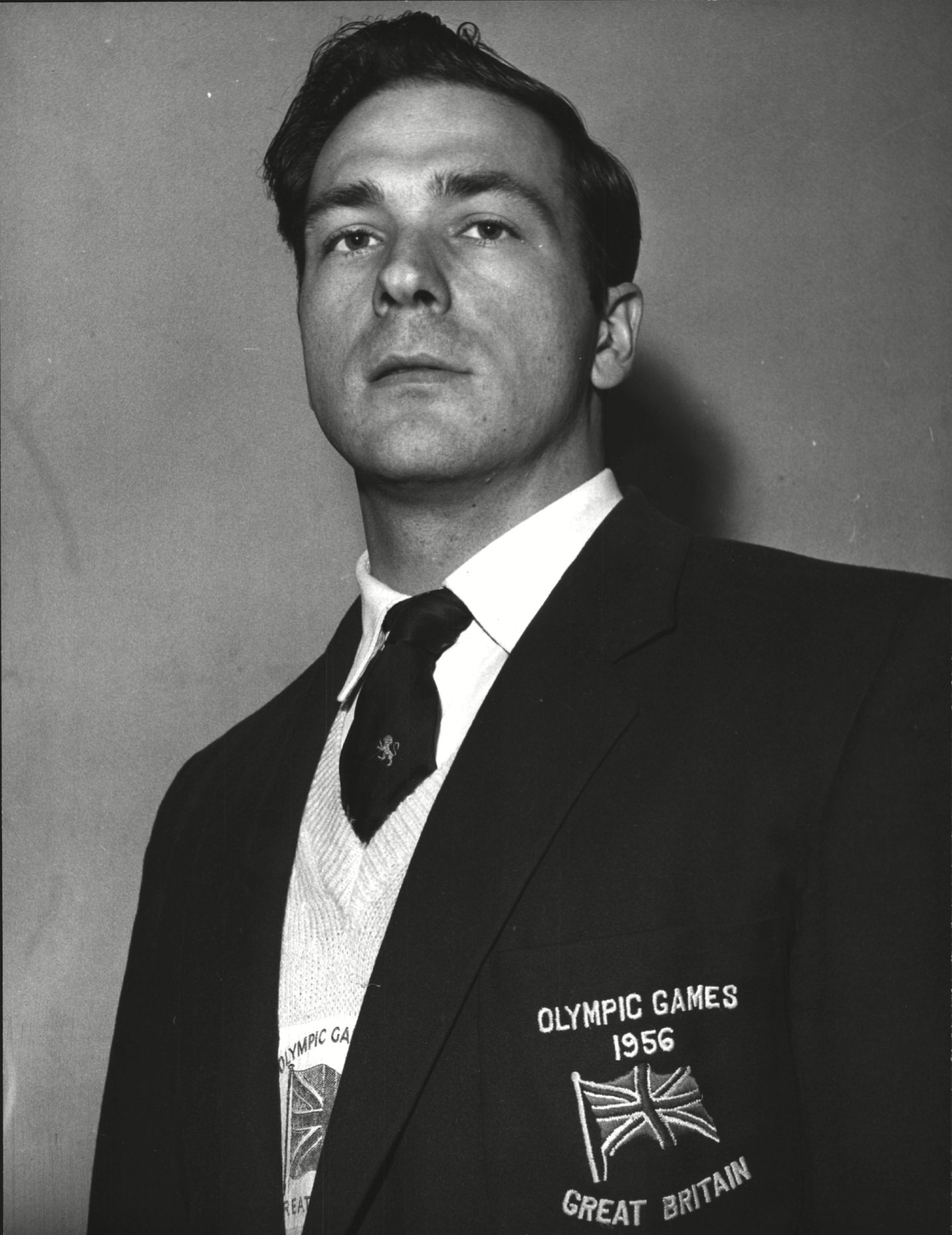
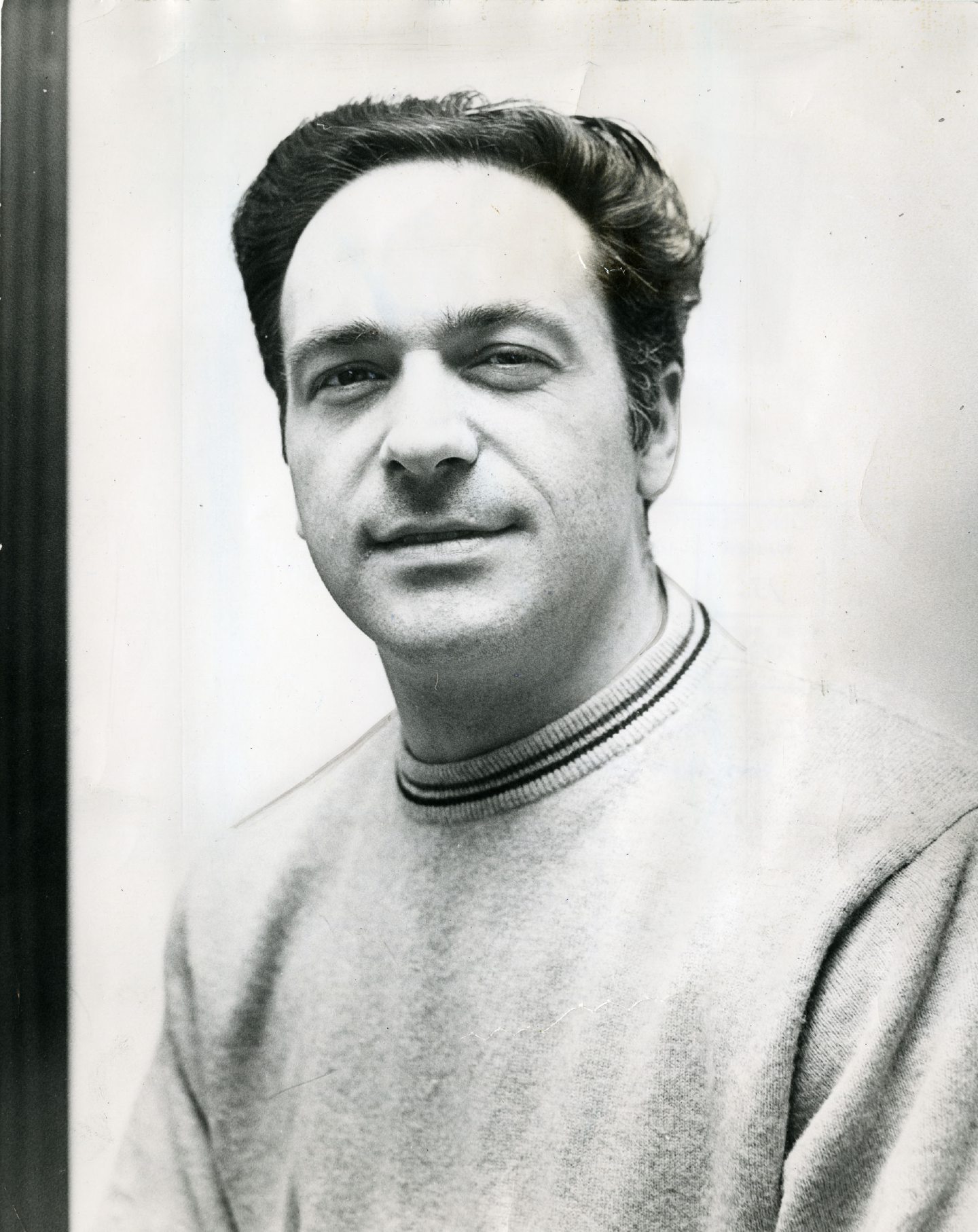
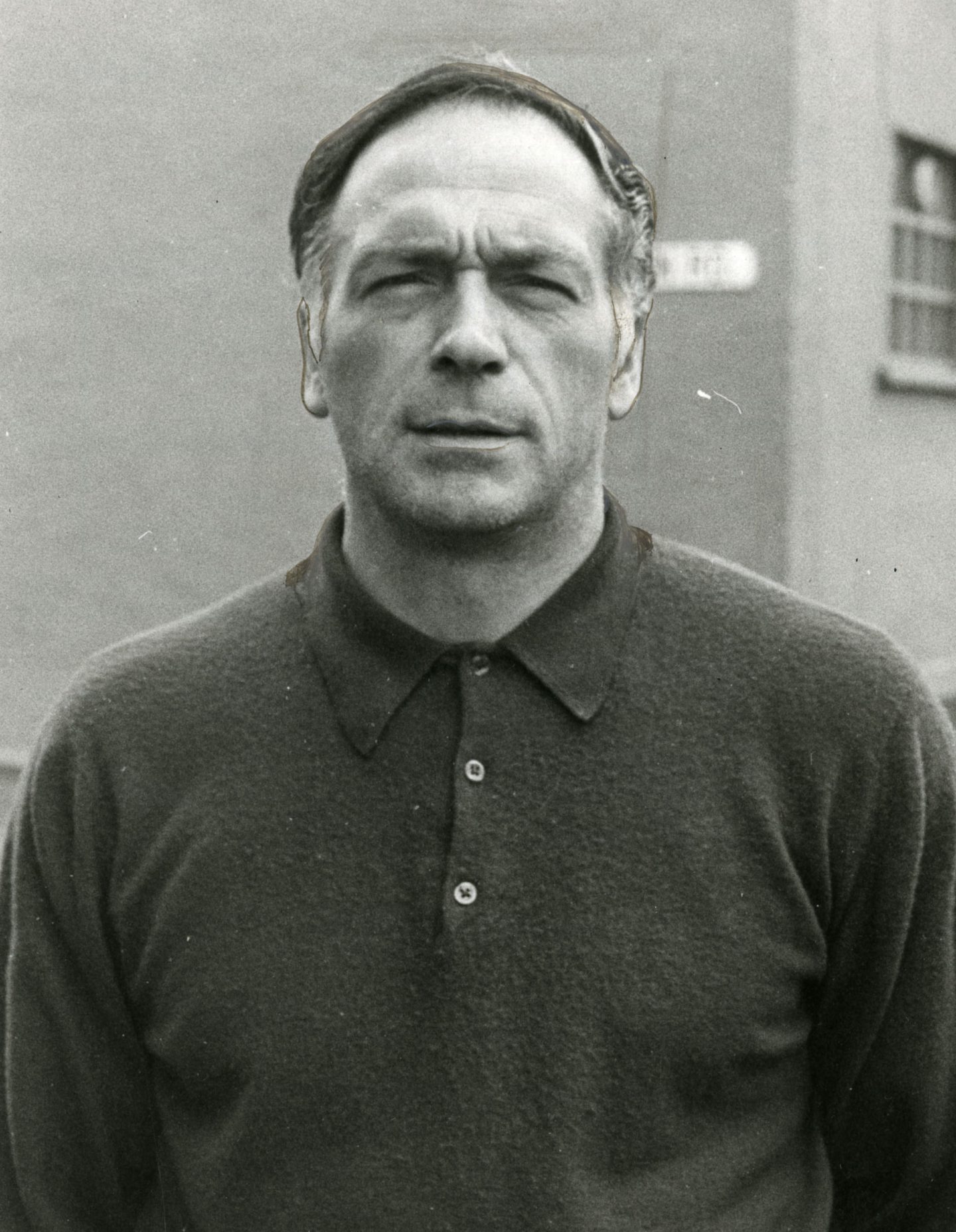
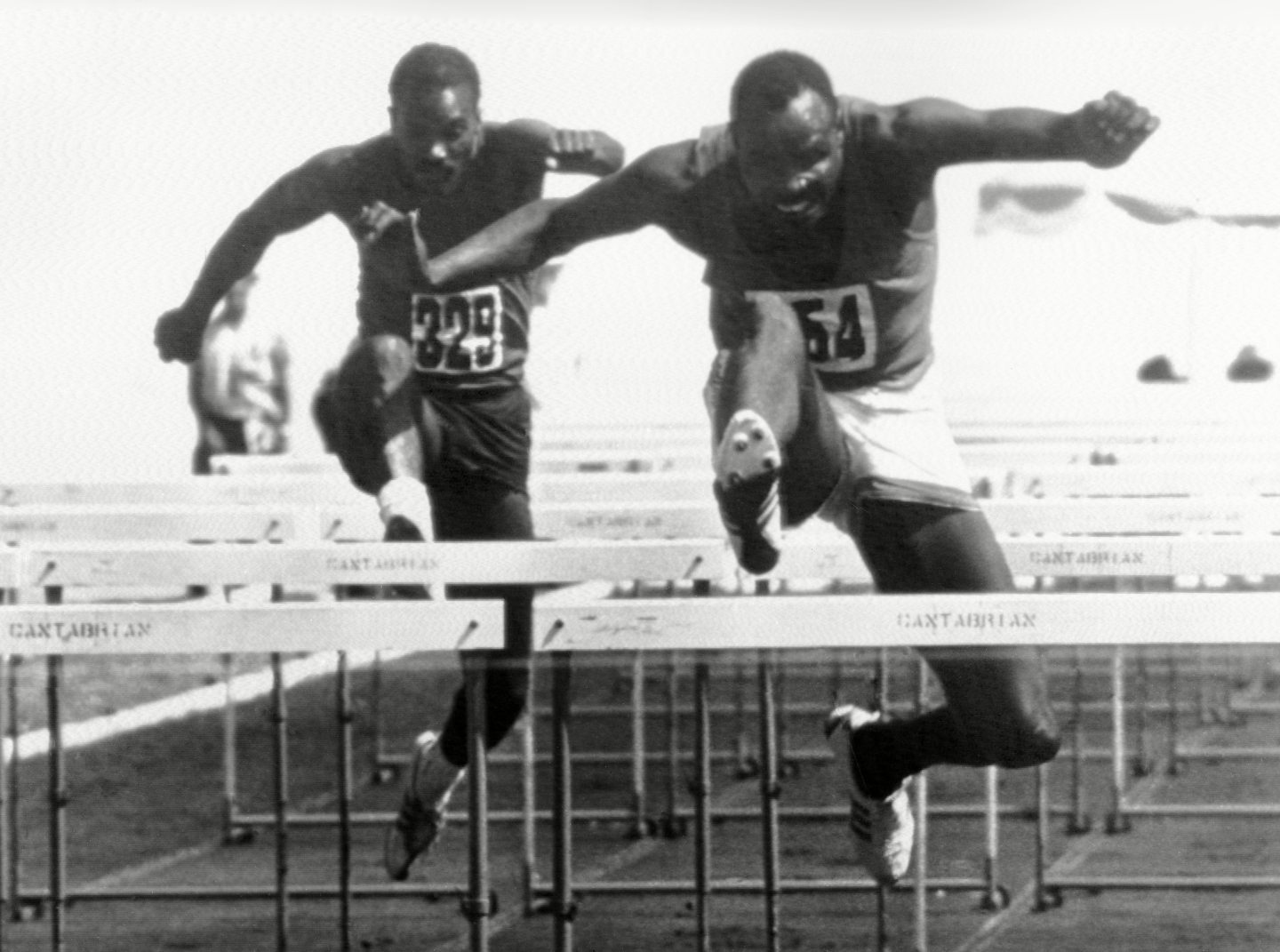
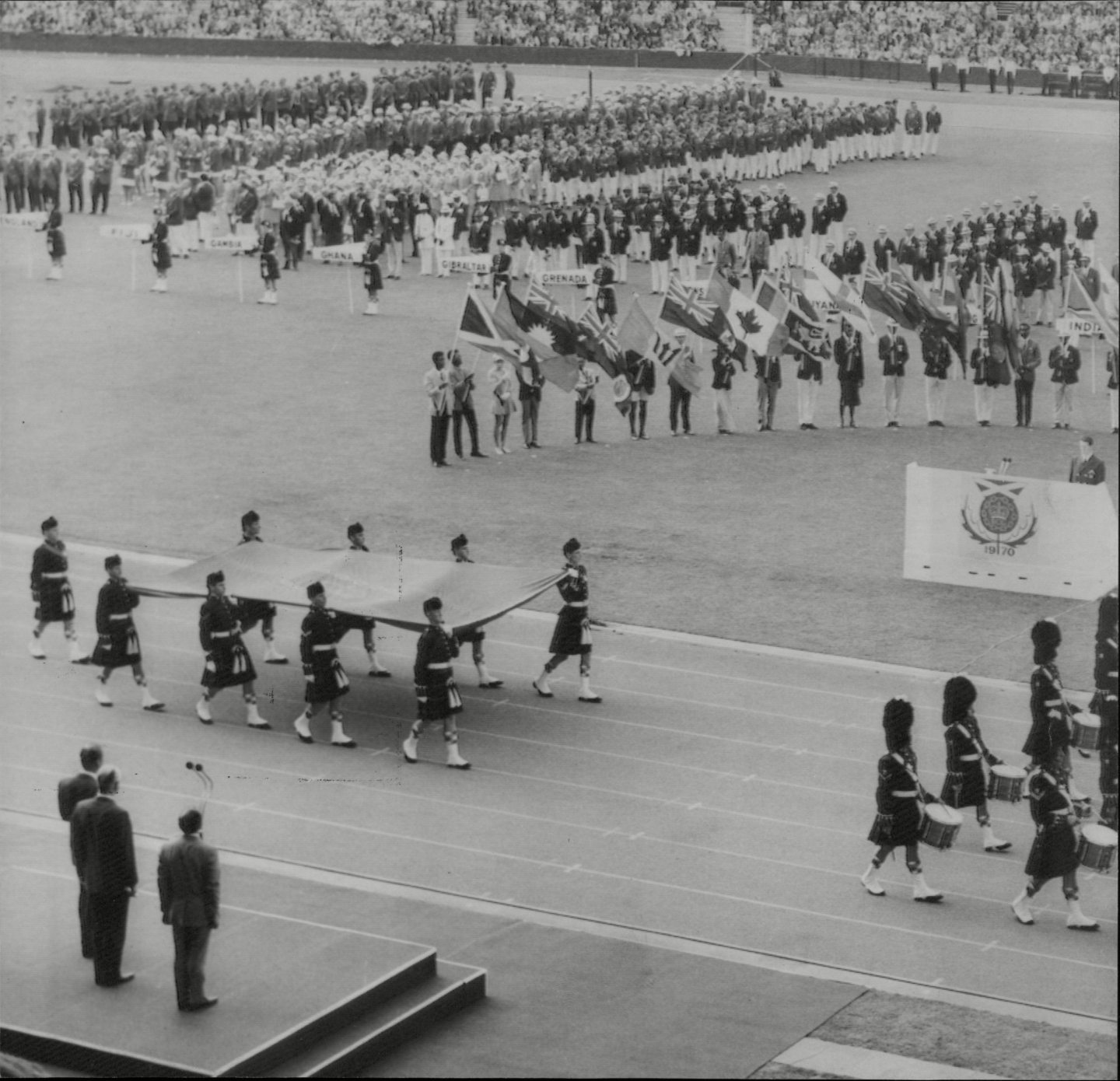
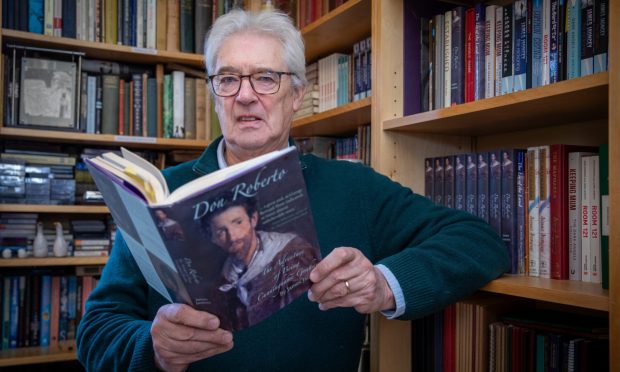
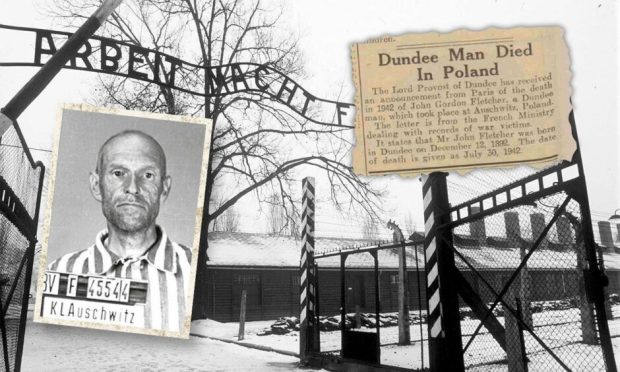
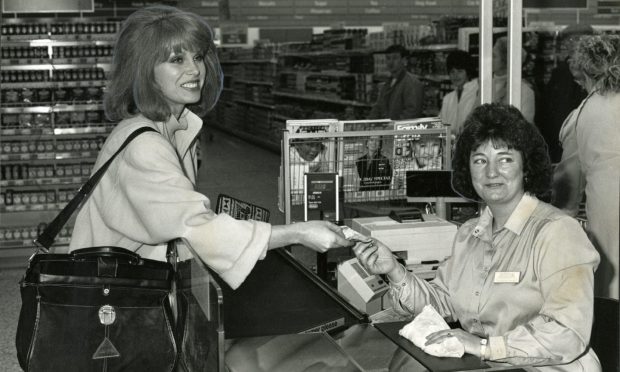
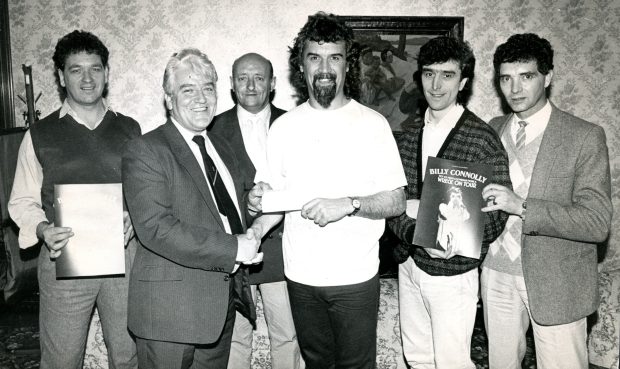
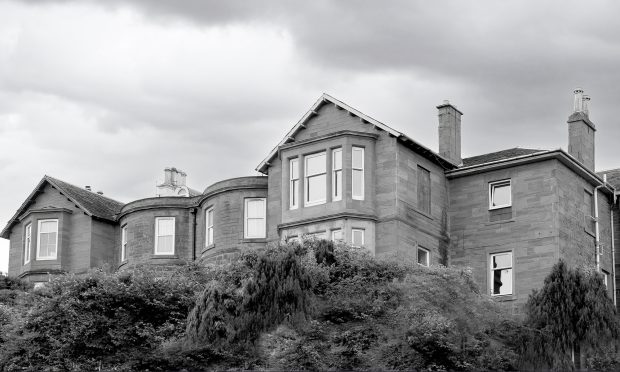
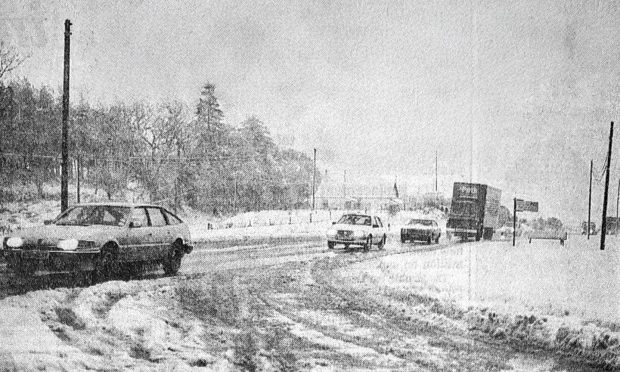


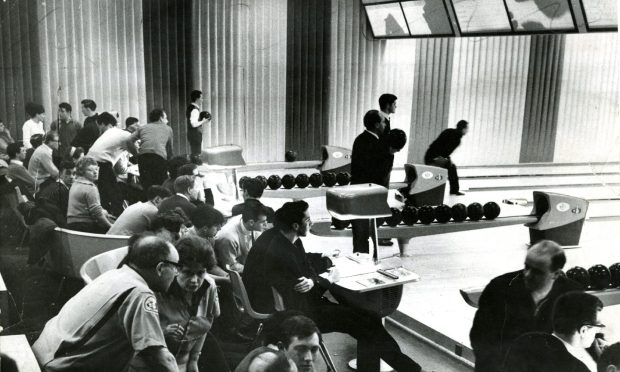
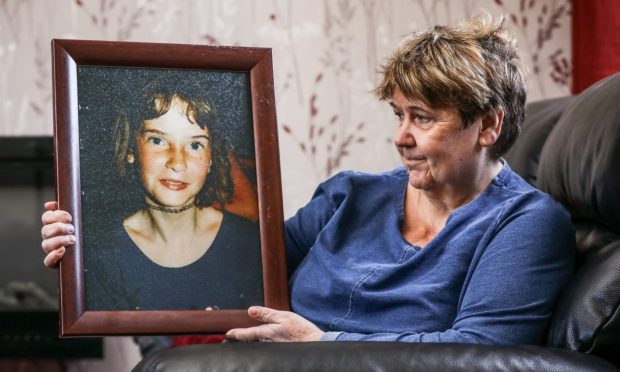
Conversation